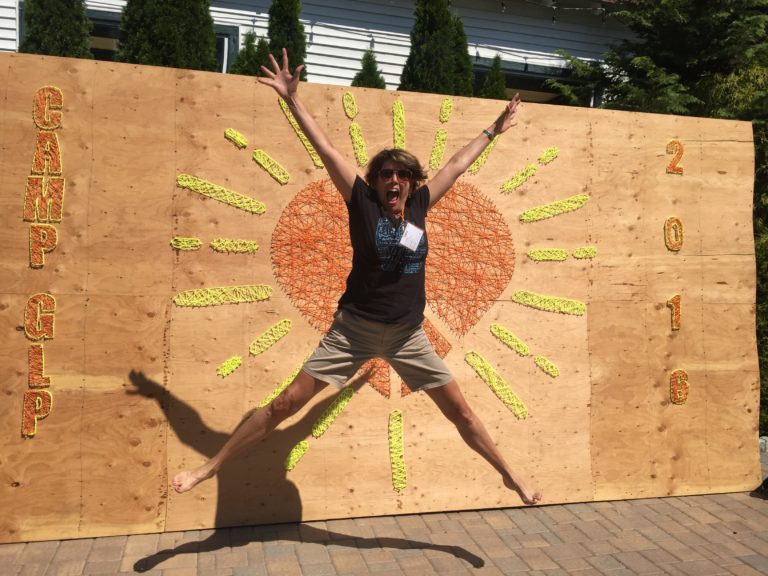
Ask, Thank, Report, Ask, Thank, Report – This is a fundraising model that works!
It’s a cycle that is proven. It’s a cycle you can put into your calendar. It’s a strategy when there’s no strategy.
Here’s how it works – it’s an “honor program”:
- Honor your donor by sharing the problem your organization is working to solve, and ask them to help you solve it.
- Honor your donor by thanking him/her over and over again when they offer a gift or help that shows up in other ways (like connecting you to others, etc.)
- Honor your donor by showing what happened, how you were able to put the money to good use, and the impact of that gift. Real numbers, real people.
To some people, this might seem obvious. It’s not. There are many organizations that do annual appeals and then go silent for the rest of the year. Gah! Really?
There’s no excuse for under reporting to your donors. (Click to tweet)
Regular, meaningful updates are a requirement in any donor engagement strategy.
Some fundraisers, and board members, think it’s their job to ask, and ask again, and then find more people to ask. Then, they wonder why they hate their job or their board position.
They are missing the BEST part: The relationship!
It’s so much fun to keep the conversation going, to engage with your donors as the important asset to your organization that they are. Let them know what’s working and how. Let them know if something you tried didn’t quite measure up to your assumptions. Include them on your communications and most importantly, don’t exclude them from any of this!
When you get really good at reporting, you’ll enjoy the benefits in these ways:
- You’ll raise more money.
- Your donors will repeat their gifts and stay engaged with you.
- You’ll love knowing that you’re building relationships that build sustainability for your organization.
Exercising the communication muscle has so many rewards. Possibly the one that is less talked about is this: Your organization will be in good shape, even after you leave. Because your donors are tied to your work, and the impact you’re making and not to YOU! That’s important.







